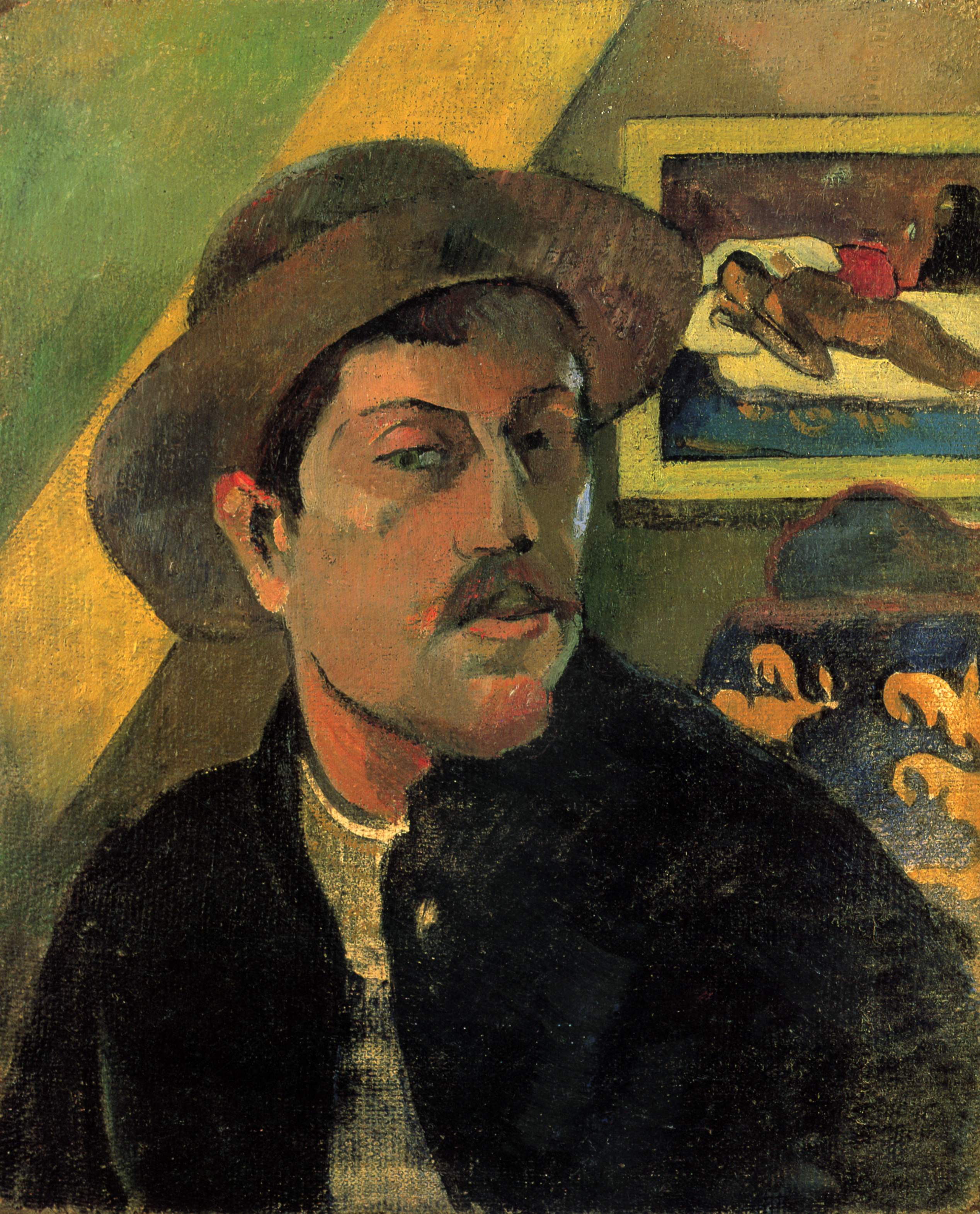Paul Gauguin Frasi e Citazioni
Paul Gauguin: Frasi in inglese
Origine: 1870s - 1880s, The Writings of a Savage (1996), p. 109
Origine: 1890s - 1910s, The Writings of a Savage (1996), p. 160: Gauguin's quote in his letter from Tahiti to a friend, c. 1899
in a letter to Charles Morice (July 1901), from French Paintings and Painters from the Fourteenth Century to Post-Impressionism, ed. Gerd Muesham [Frederick Ungar, 1970, ISBN 0-8044-6521-5], p. 551
1890s - 1910s
Origine: 1890s - 1910s, The Writings of a Savage (1996), p. 130: quote in 1898
La peinture est le plus beau de tous les arts; en lui se résument toutes les sensations, à son aspect chacun peut, au gré de son imagination, créer le roman, d'un seul coup d'œil avoir l'âme envahie par les plus profonds souvenirs; point d'effort de mémoire, tout résumé en un seul instant. — Art complet qui résume tous les autres et les complète. — Comme la musique, il agit sur l'âme par l'intermédiaire des sens, les tons harmonieux correspondant aux harmonies des sons; mais en peinture on obtient une unité impossible en musique où les accords viennent les uns après les autres, et le jugement éprouve alors une fatigue incessante s'il veut réunir la fin au commencement. En somme, l'oreille est un sens inférieur à celui de l'œil. L'ouïe ne peut servir qu'à un seul son à la fois, tandis que la vue embrasse tout, en même temps qu'à son gré elle simplifie.
Quote of Gauguin from: Notes Synthéthiques (ca. 1884-1885), ed. Henri Mahaut, in Vers et prose (July-September 1910), p. 52; translation from John Rewald, Gauguin (Hyperion Press, 1938), p. 161.
1870s - 1880s
Origine: 1890s - 1910s, The Writings of a Savage (1996), p. 110: cited by Eugène Tardieu, 'Interview with Paul Gauguin,' in L'Écho de Paris, (13 May 1895)
Quote from Gauguin's unfinished essay 'Notes Synthetiques', published in the July / September 1910 issue of ' Vers et Prose' XXII, pp. 51-55, as cited in: Shannon N. Pritchard, Gino Severini and the symbolist aesthetics of his futurist dance imagery, 1910-1915 https://getd.libs.uga.edu/pdfs/pritchard_shannon_n_200305_ma.pdf Diss. uga, 2003, p. 23
Gauguin's essay 'Notes Synthetiques' was written in Pont -Aven in 1888 and left incomplete. His essay was first published in 'Vers et Prose' XXII
1890s - 1910s
late quote about the start of his famous large painting 'Where do we come from? What are we? Where are we going'
Origine: 1890s - 1910s, The Writings of a Savage (1996), pp. 159-160: in a letter from Tahiti to a friend, 1898
Origine: 1890s - 1910s, The Writings of a Savage (1996), p. 205: in a letter to Ambroise Vollard, January 1900
1870s - 1880s, The Writings of a Savage (1996)
Originale: Votre œil bleu du nord regardait attentivement les tableaux pendus aux murs. J’eus comme le pressentiment d’une révolte : tout un choc entre votre civilisation et ma barbarie. Civilisation dont vous souffrez. Barbarie qui est pour moi un rajeunissement.
Origine: 1890s - 1910s, The Writings of a Savage (1996), p. 105: quote from his letter to August Strindberg (5 May 1895)
